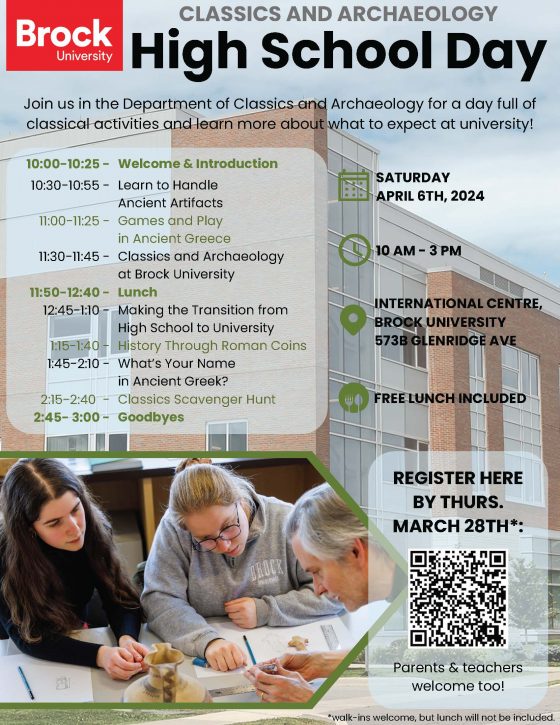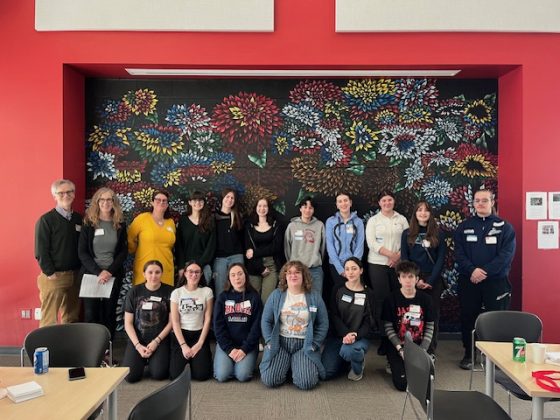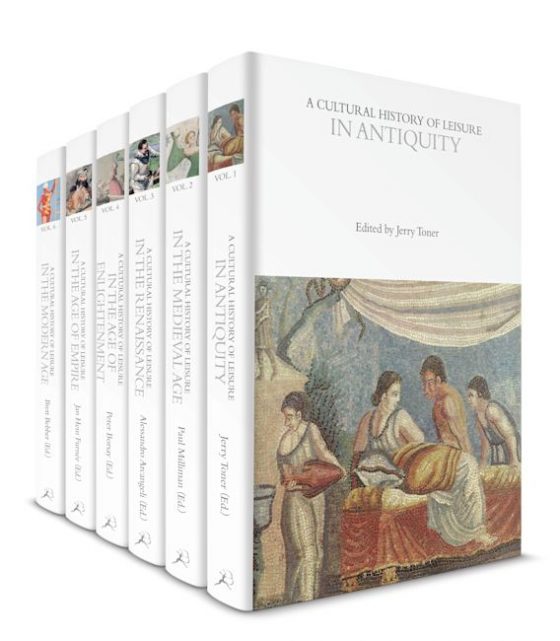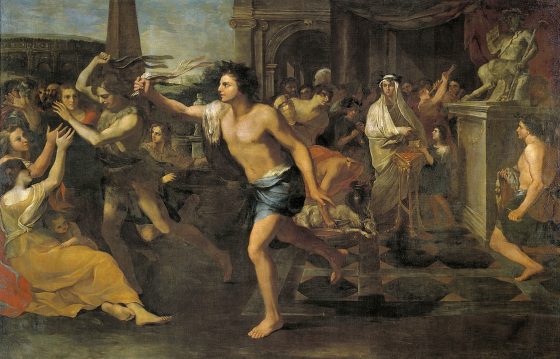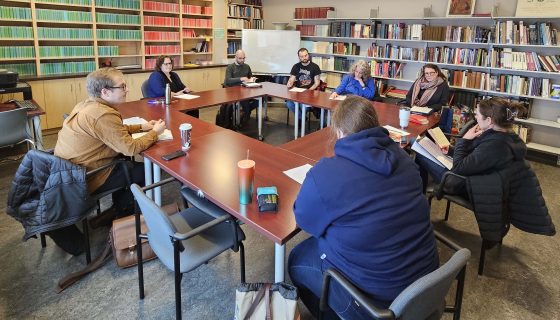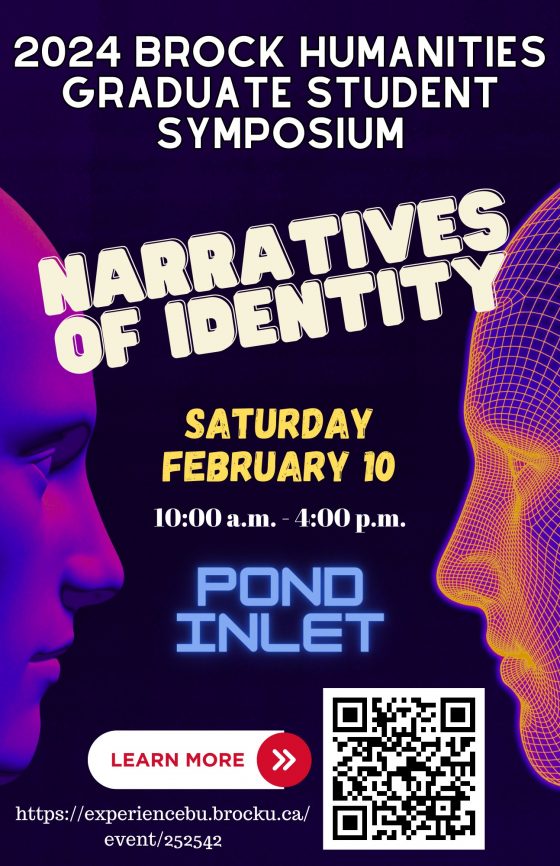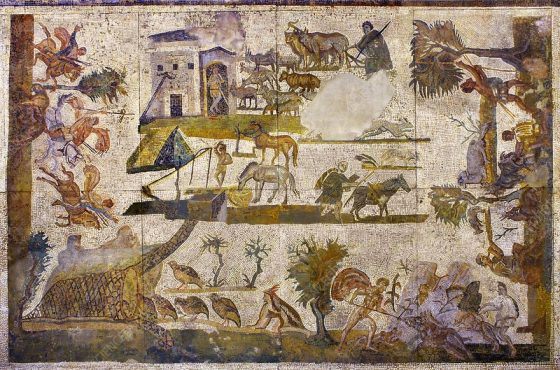On Saturday, April 6th, fourteen students (and three parents) from six high schools in the Niagara Region visited the Department to participate in Classics and Archaeology High School Day, an event organized by our Recruitment Committee.
Katharine von Stackelberg, Angus Smith, Allison Glazebrook, Michael Carter, and Adam Rappold introduced students to ancient artifacts, Roman coins, the Greek alphabet, and traditions of games and play–including a scavenger hunt in the Department. We hope the experience leads some of our visitors to choose Brock for their studies!
